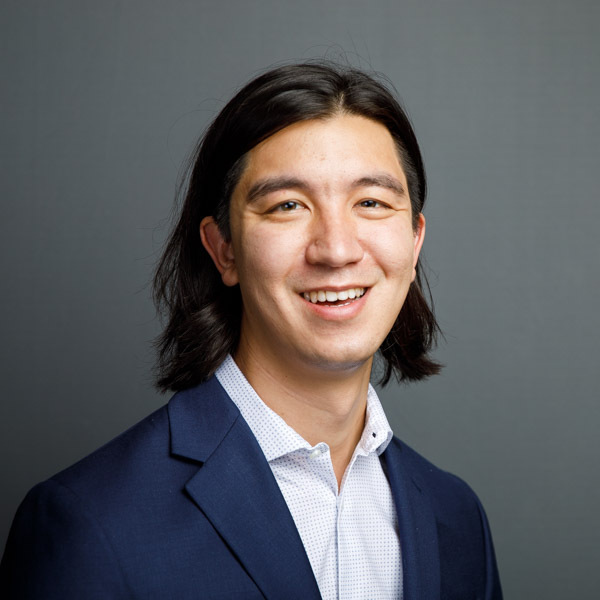
New Faculty Member, 2021-22
Joshua Daymude
Assistant Professor, Computer Science and Engineering
Joshua Daymude likes to think that mathematics is the common language of science. He also believes computational thinking has the potential to solve many of society’s problems, even those that have nothing to do with computers.
“I’ve had the great experience of being the theoretician on several interdisciplinary research teams,” Daymude says. “This keeps me engaged and excited, as there are always new ways to apply my math and computer science foundation far beyond what I could have imagined.”
Daymude is beginning a new phase of his career as an assistant professor in Spring 2022 with a joint appointment in the School of Computing and Augmented Intelligence, one of the seven schools in the Ira A. Fulton Schools of Engineering at Arizona State University, and ASU’s Biodesign Institute. This new position is the culmination of Daymude’s academic journey, which led him to earn both bachelor’s and doctoral degrees in computer science from the Fulton Schools, and also work as a postdoctoral scholar at the Biodesign Institute.
Now, as he begins his professional career, Daymude is excited to connect his knowledge of distributed computing theory with his understandings of the immune system and microbiomes.
“Those systems are both collectives, composed of many interacting individuals,” he says. “I want to find out if distributed computing theory can help solve unanswered questions about those biological systems and what those biological systems can teach us about designing better distributed computing systems.”
ASU’s size and the range of expertise across multiple fields appeals to Daymude as it creates many possibilities for his research, including the notable work he has already been involved in with computer science faculty members. Daymude’s work with President’s Professor Andréa Richa explores how undirected local interactions induce collective behaviors. In a separate project with Stephanie Forrest, a professor of computer science and director of the Biodesign Center for Biocomputing, Security and Society within the Biodesign Institute, he has used computational modeling to examine the dynamics of extreme political polarization.
“I’m excited to continue my interdisciplinary research within the School of Computing and Augmented Intelligence and the Biodesign Institute, where blurring the lines between disciplines is par for the course,” Daymude says. “I am also encouraged by ASU’s commitment to accessible education and I am excited to teach and mentor a wide breadth of students.”
The main courses Daymude will be teaching are in algorithms and theory, and he says he is looking forward to developing a new course in distributed computing theory.
“I want my students to understand that the computer science graduates of today sit at a seat of unprecedented societal influence, producing technology and ideas that hold both generative value and destructive power,” Daymude says. “When we study algorithms and theory, we shouldn’t just be learning how to design efficient software or build interdisciplinary mathematical models. We must also engage with how our algorithms should be used ethically in a complex, interconnected world.”
Meet the newest faculty members of the Fulton Schools of Engineering here.




































